
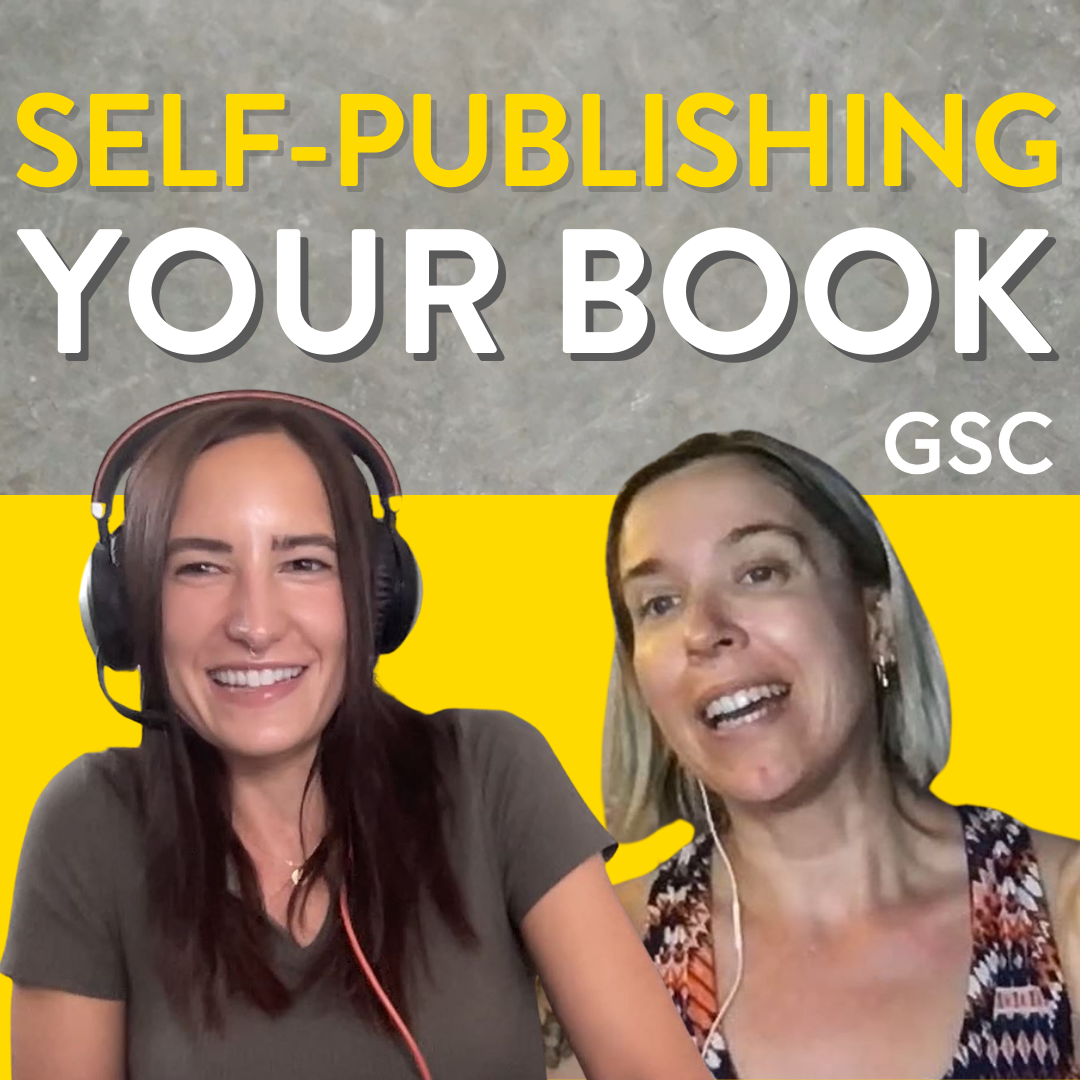
Episode 39: Allison Speka, Self-Published Romance Author
Romance author Allison Speka joins the pod to discuss her journey into writing and self-publishing. She talks about her love for the romance genre and shares her experience with self-publishing, including tips on cover design, book marketing, and the value of learning from other indie authors.
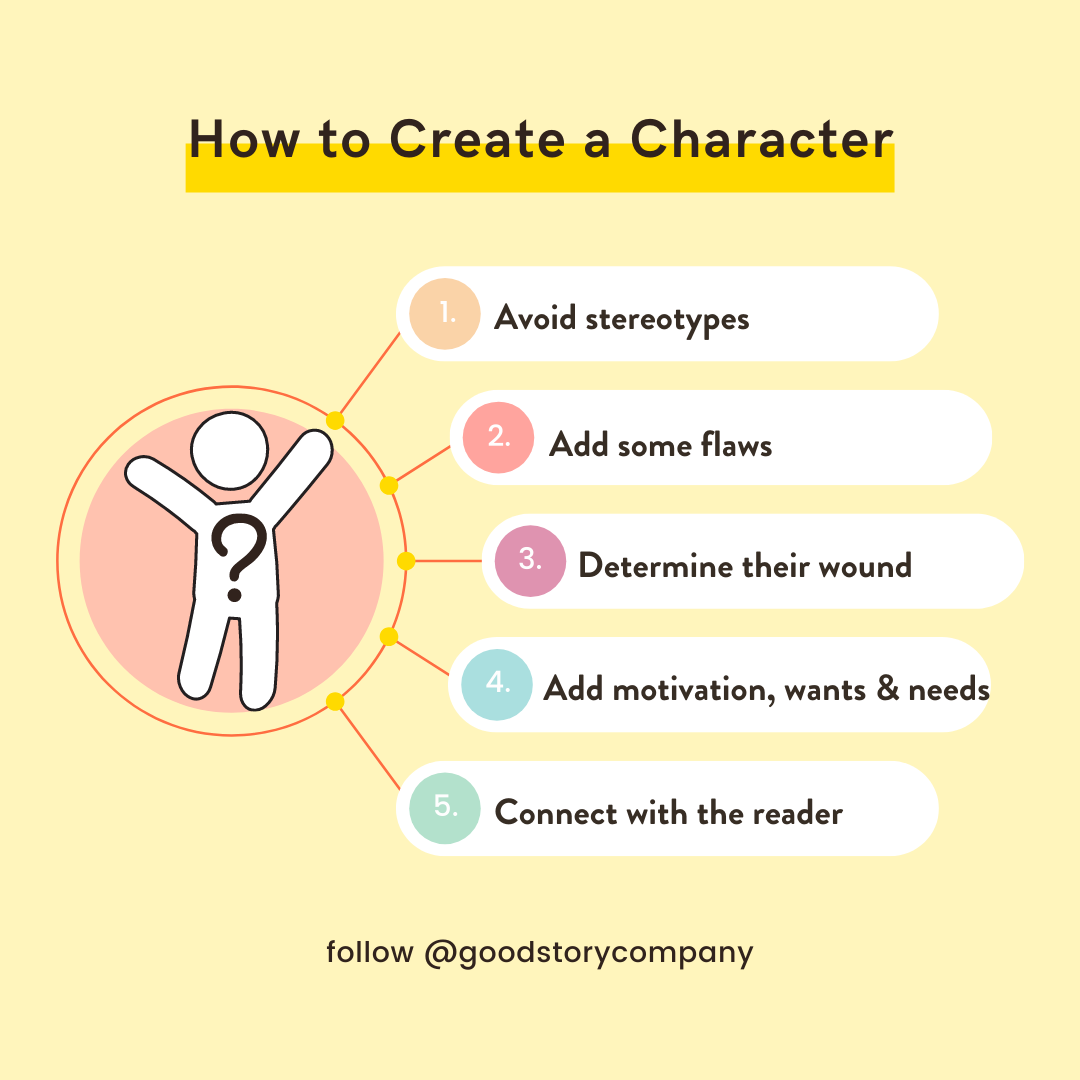
How to Create Characters
So often, story ideas begin with characters. Writers have a picture in their mind of a character they’ve never met, and from there a new story is born. How do we create characters that resonate with readers, though? What needs to go into the mix?
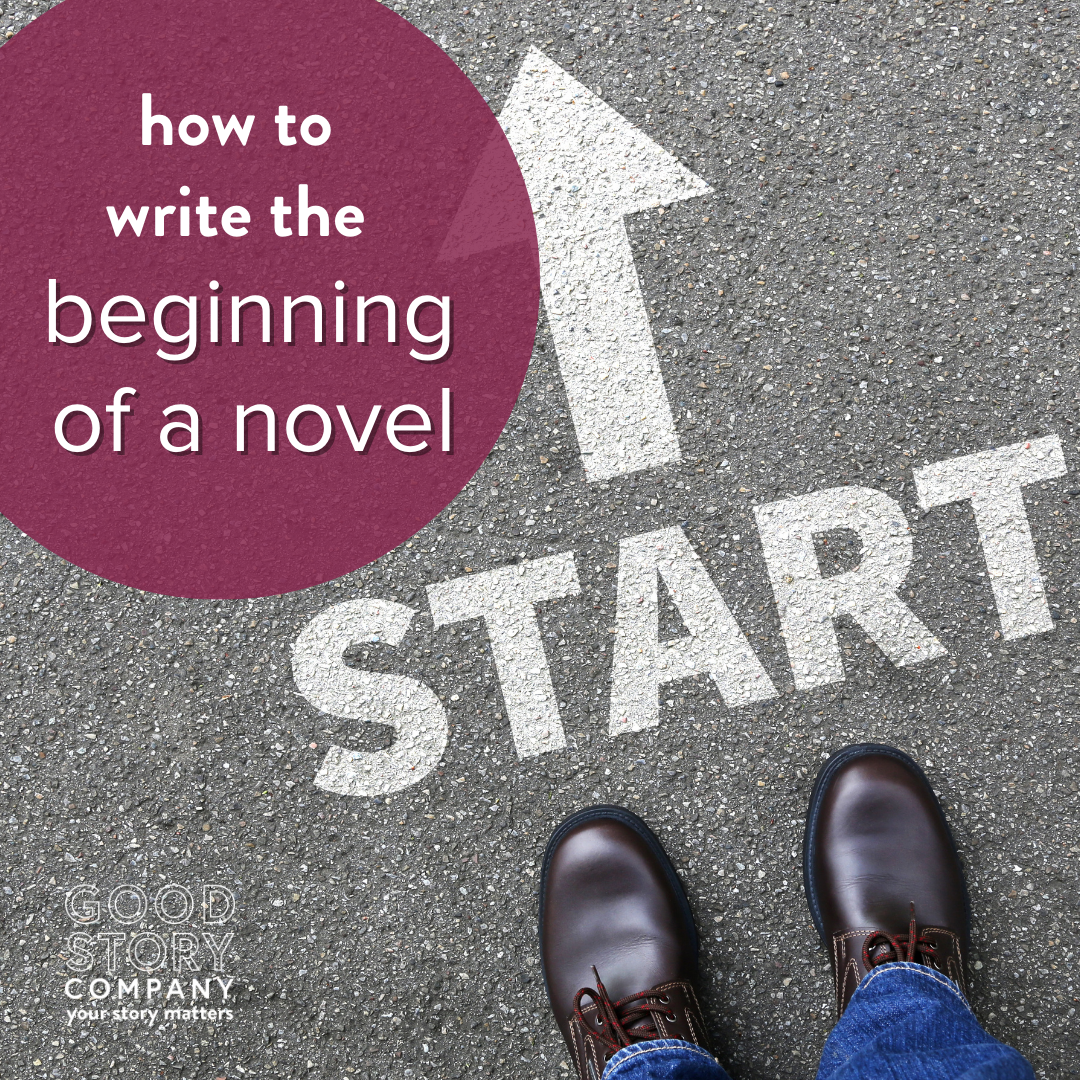
How to Write the Beginning of a Novel
The beginning of your story sets the foundation from which the plot will unfold. This foundation creates impact with the developments and conflicts that make up your narrative. If you need help with how to write the beginning of a novel, consider these three elements.

Our Editors’ Favorite Books of 2023
We asked the editors over at Good Story Editing for their favorite books of 2023. Hear their answers and add some books to your 2024 TBR!
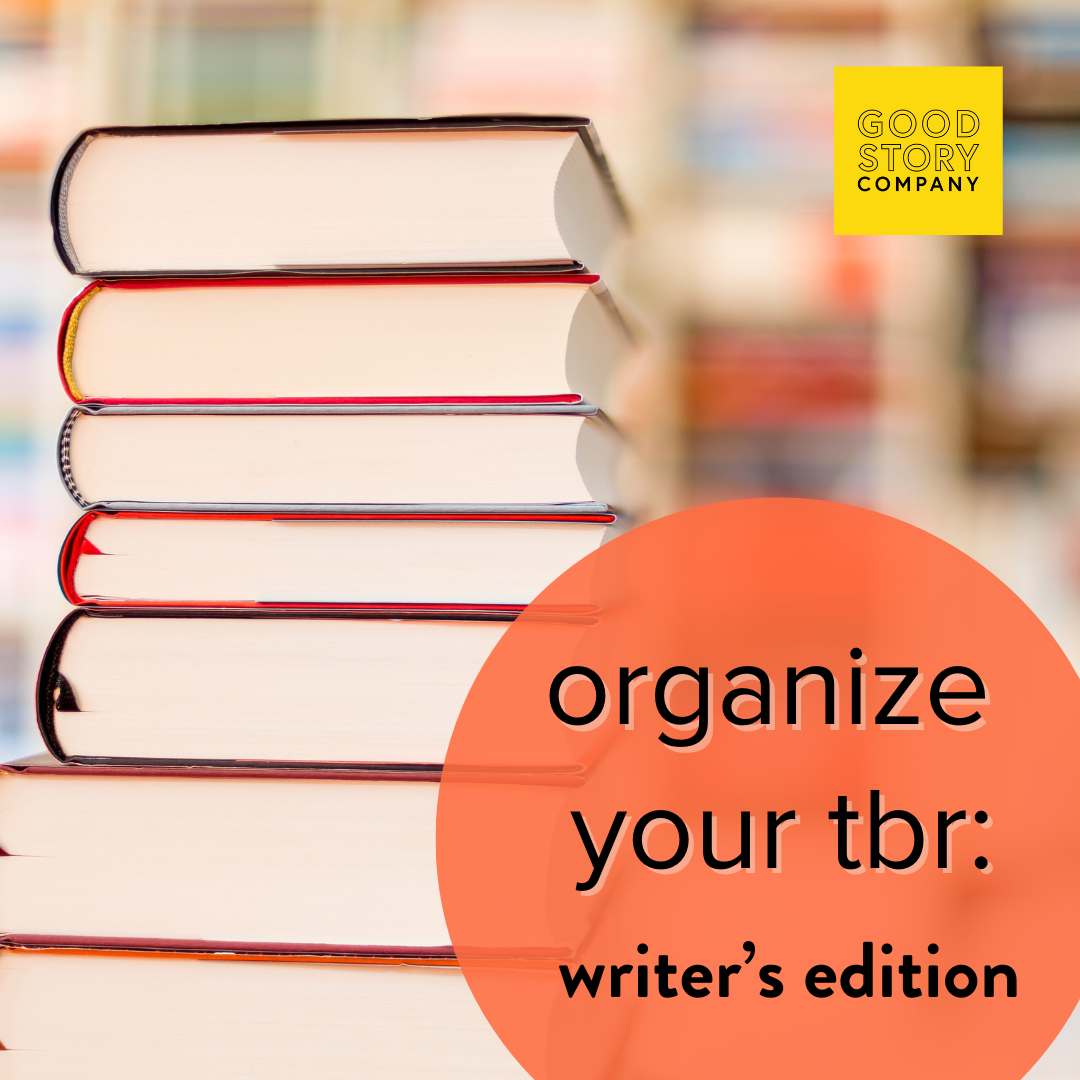
Organize Your TBR: Writer's Edition
Getting your reading life together is particularly important for writers, because reading widely and voraciously is one of the best ways to learn your craft. But there are so many books! How do you prioritize what to read?

Daily Writing Practice: Five Tips For Writing More
Having a daily writing practice is one of the best ways to improve your writing. The more you write, the more you’re able to learn about your style and voice. So, here are five tips to make this dream a reality.

What’s After NaNoWriMo?
NaNoWriMo (National Novel Writing Month) is an intense time for writers who participate. I hope it was everything you were looking for. But the end is near. What’s next?

NaNoWriMo: Experimenting in Multiple Genres
It’s time for NaNoWriMo! How do those authors who publish in multiple genres do it? It’s challenging enough to craft a good story in one genre, especially for brand-new writers.
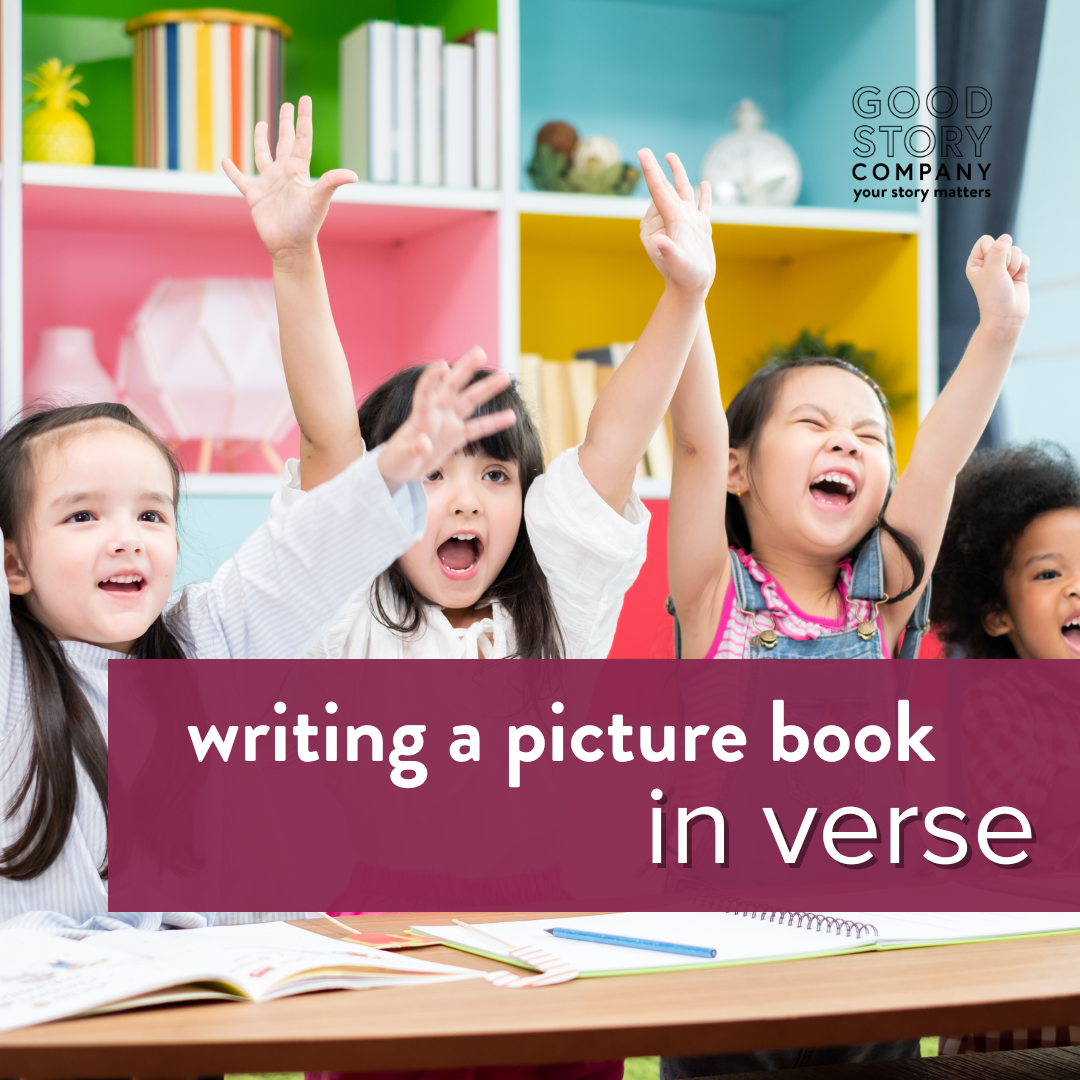
Picture Books That Sing: You Don’t Have to be a Poet to Write a Picture Book in Verse
Picture books are so fun to read aloud! Readers can play with the volume, pitch, and inflection of their voices to give the verses maximum effect.
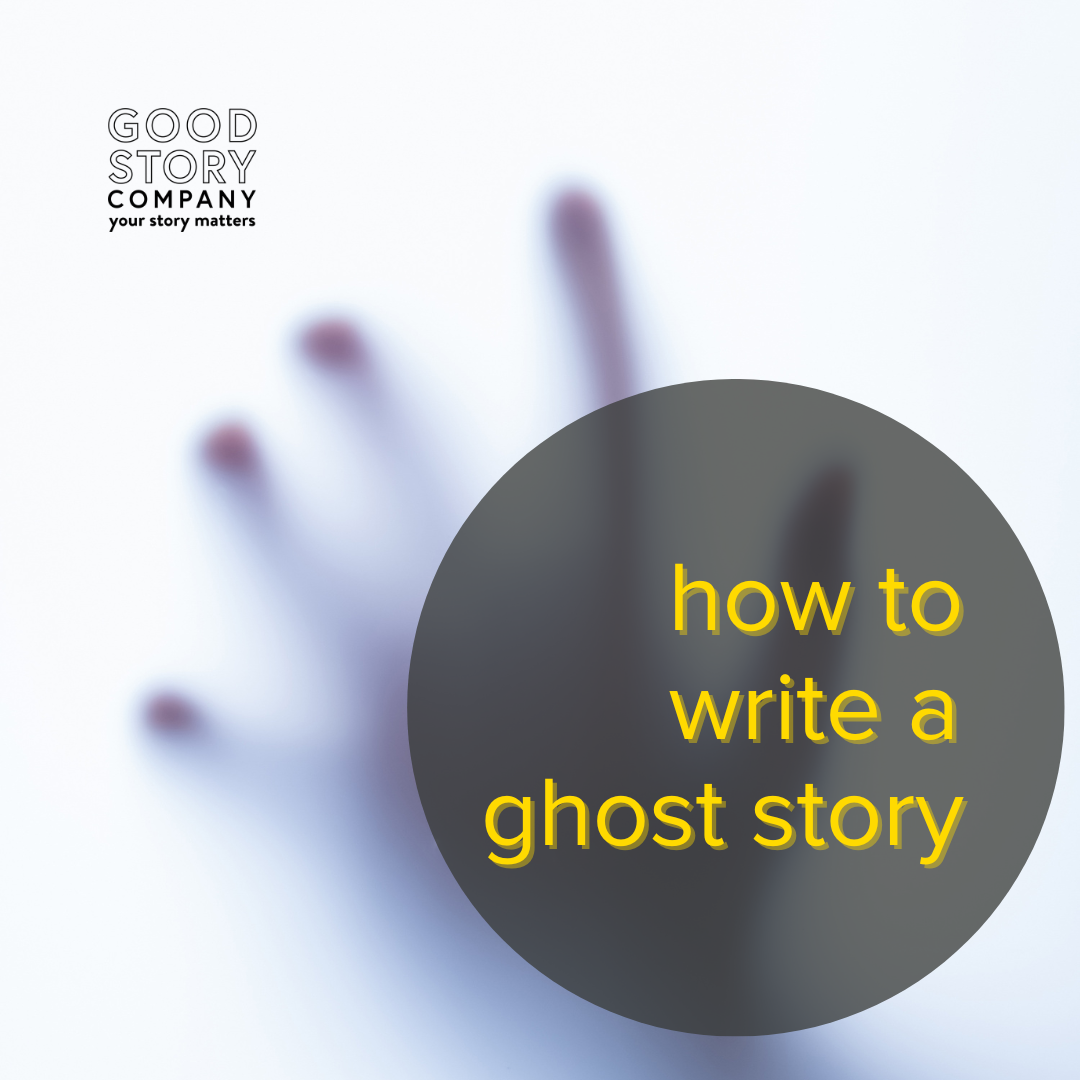
How to Write a Ghost Story
Trick, treat, and keep the thrills and chills alive by learning how to write a ghost story. Here are some tips for crafting a spooky tale that’ll scare the socks off readers this Halloween season.
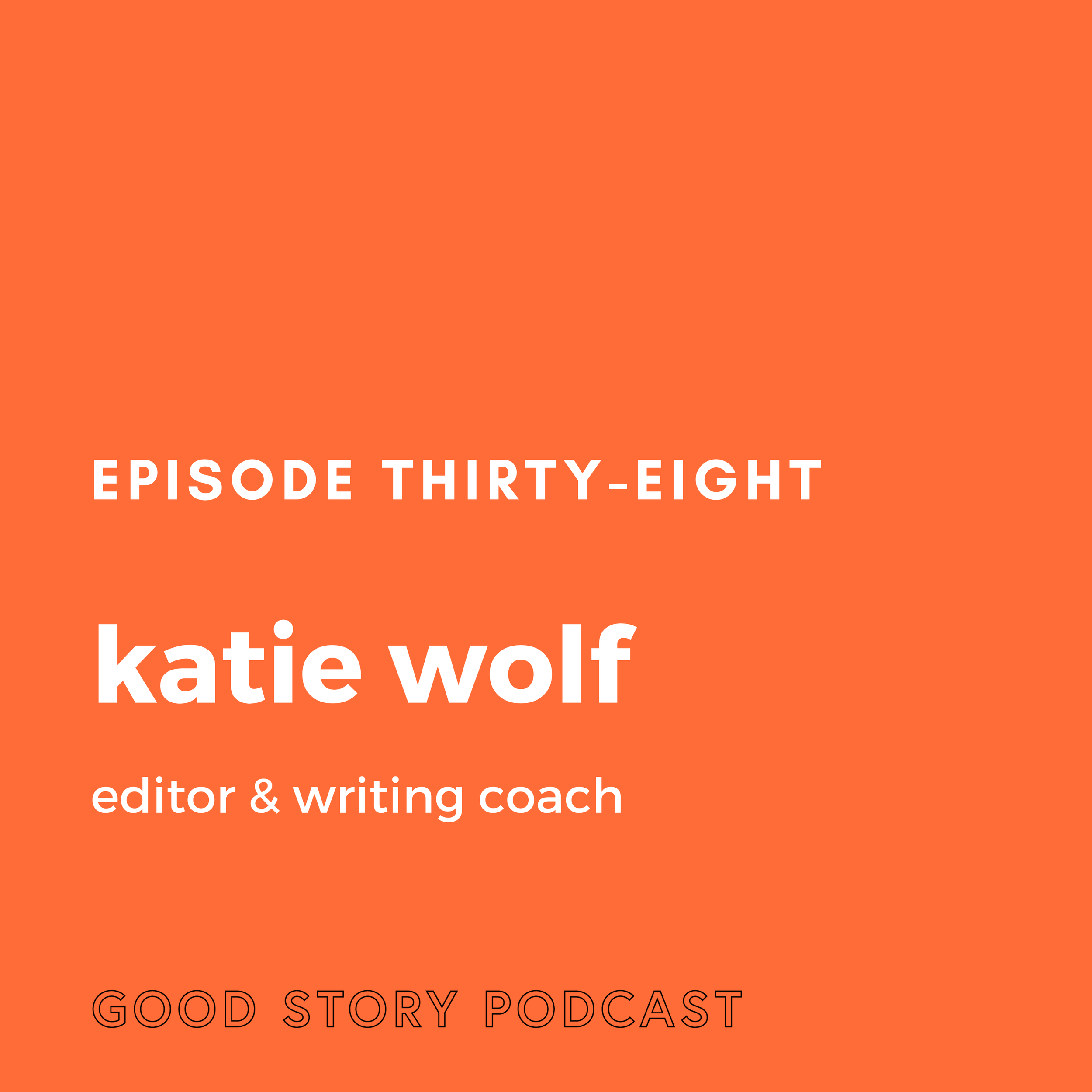
Episode 38: Katie Wolf, Editor and Writing Coach
Katie Wolf joins the pod for an inspiring conversation about getting started in publishing, work-life balance, and writing to market. She also discusses the importance of prioritizing mental health and why self-awareness is key in developing your writing craft.
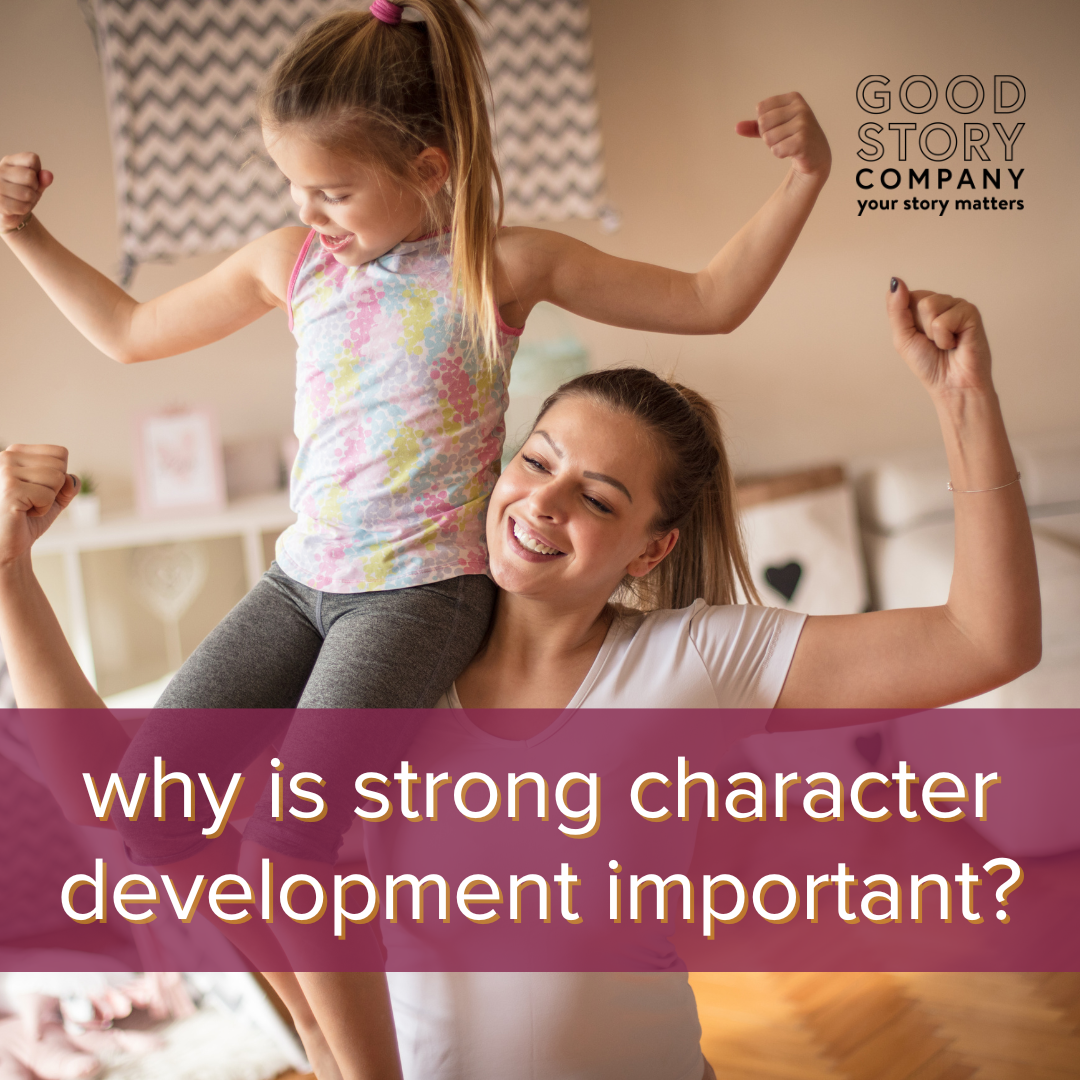
Why is Strong Character Development Important?
Strong character development arcs make better stories. Here are some tips on writing characters that readers will connect with and root for.
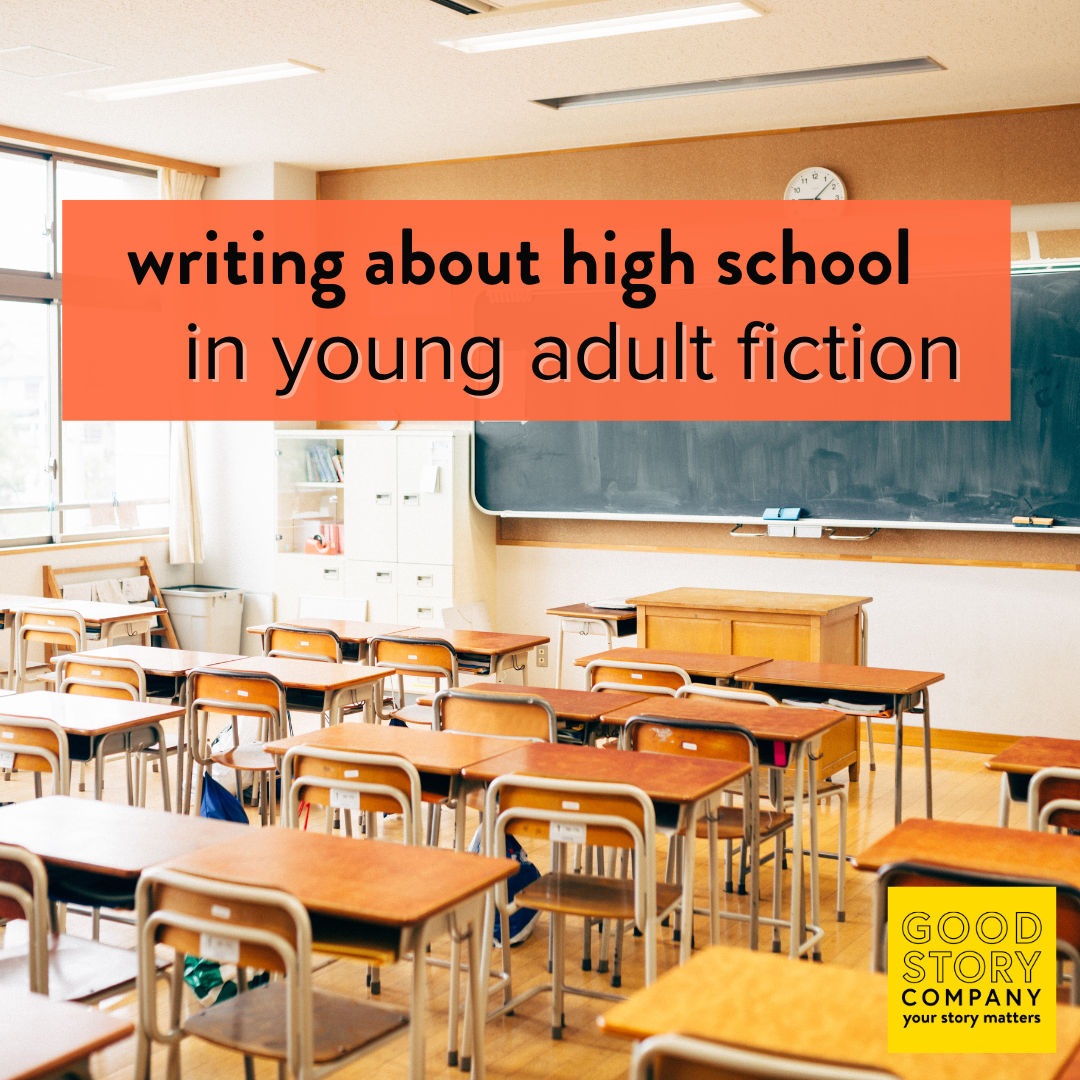
Writing About High School in Young Adult Fiction
You’ve got the perfect idea for your YA novel, but don’t forget about the setting! Most young adults go to school for six-plus hours a day, five days a week, so it’s the perfect setting for teen angst, romance, coming of age, and humor. Here are some tips for writing about high school in young adult fiction.

Writing Believable Characters
We know a believable character when we see one. We know what they want, how they feel, and that they’ll be different at the end of the story than they were at the beginning. Here’s how to make sure they’re connecting with your reader.
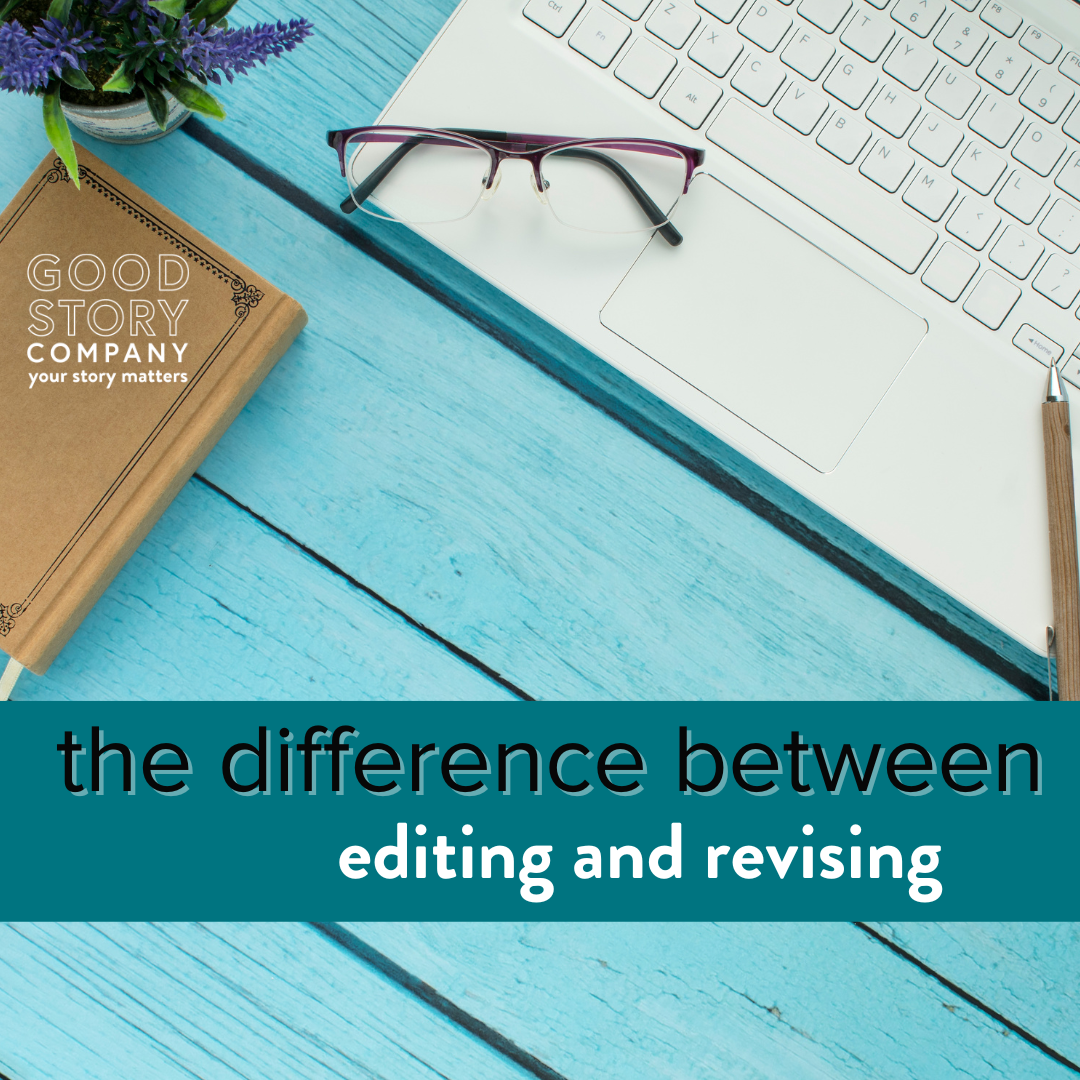
The Difference Between Editing and Revising
There’s an important difference between editing and revising, although writers tend to use “editing” and “revising” as interchangeable terms to mean anything other than drafting. You’ll need to do both, so it’s helpful to understand the difference.

Chosen One Stories: Is Your Hero Worthy of the Journey?
The “chosen one” premise is the focus of many books. They're the only person who can save the town, world, or galaxy. But writing a "chosen one" story is harder than it seems. How do you successfully execute this premise?

How to Start a Memoir
Many people wonder how to start a memoir, and if it’s even worth doing. Yes, it is absolutely worth doing. But not every event from your life merits inclusion. You have to be selective. Here’s how …
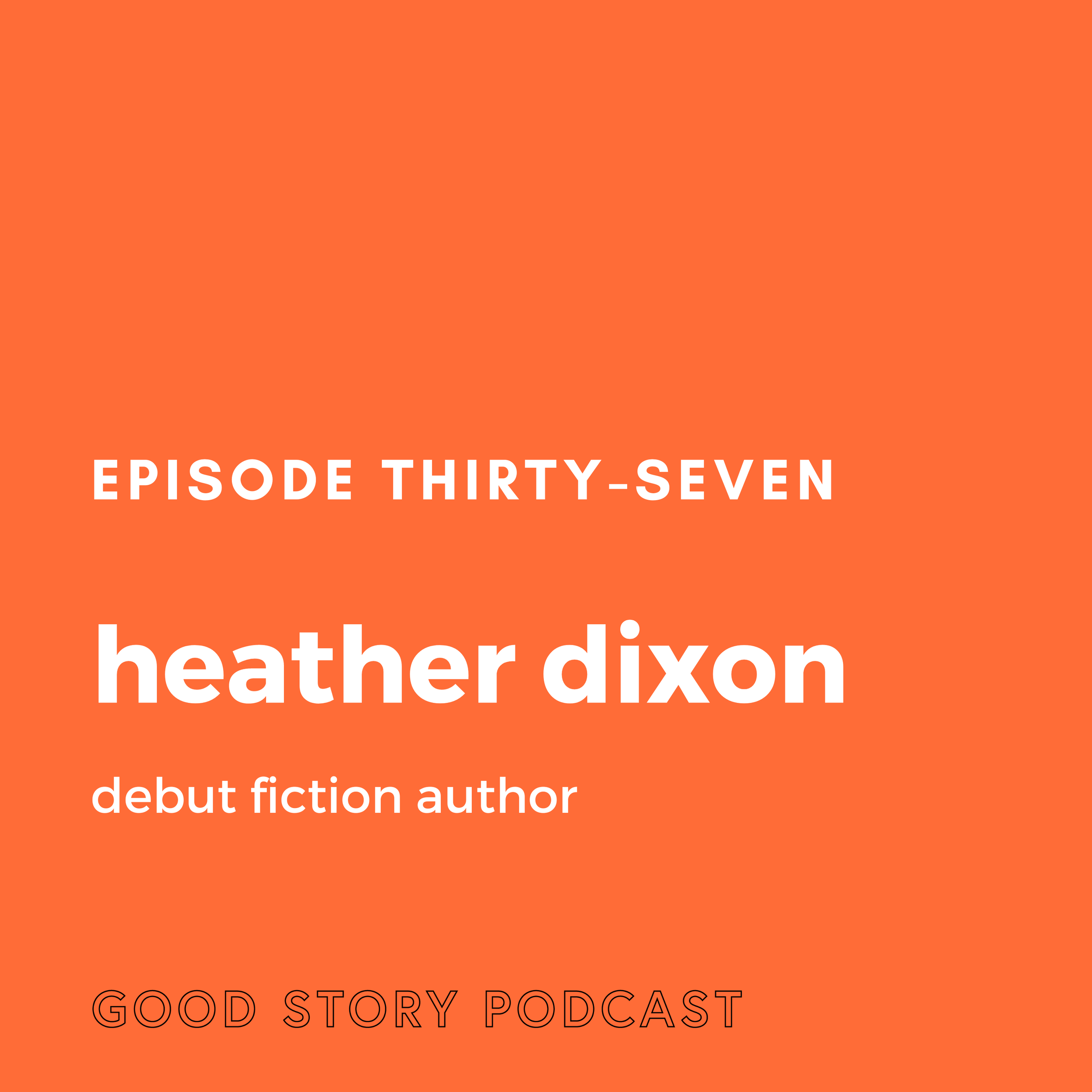
Episode 37: Heather Dixon, Debut Fiction Author
Thriller vs. Suspense... what's the difference? Heather Dixon, whose debut novel Burlington hits shelves this week, chats with Mary Kole about getting published and the appeal of suspenseful women's fiction.

Writing Good Sentences
Writing good sentences is at the heart of telling a good story. However, it’s not the first issue to tackle in revisions. First, finish your draft. Second, step away from your manuscript. Third, edit macro issues such as plot holes, character development, and story arc. Don’t fret about sentence craft until the bones of the story are in place and working well.

Using the Alternating Point of View
Depending on how an alternating point of view novel is handled, this choice can prove to be either a boon for the novel—a way to distinguish it from other similar ideas in the marketplace—or a confusing exercise in frustration for the reader. How can a writer use this format to strengthen their story rather than confuse their readers?
